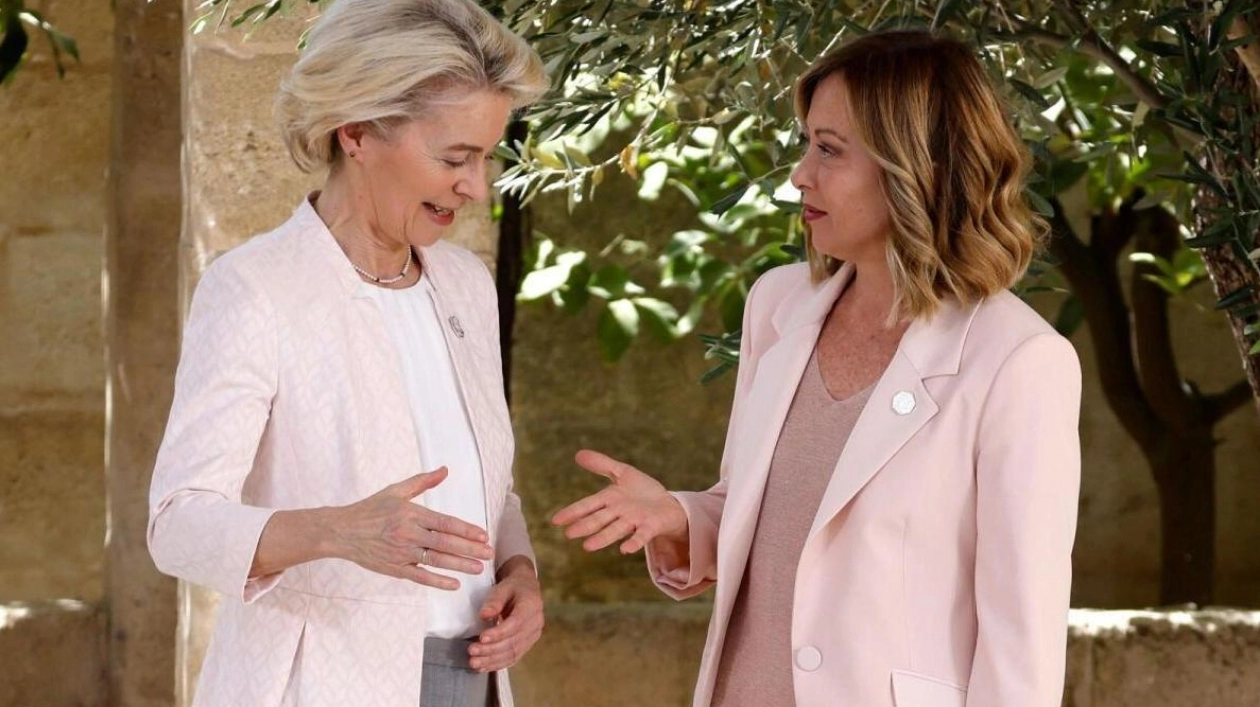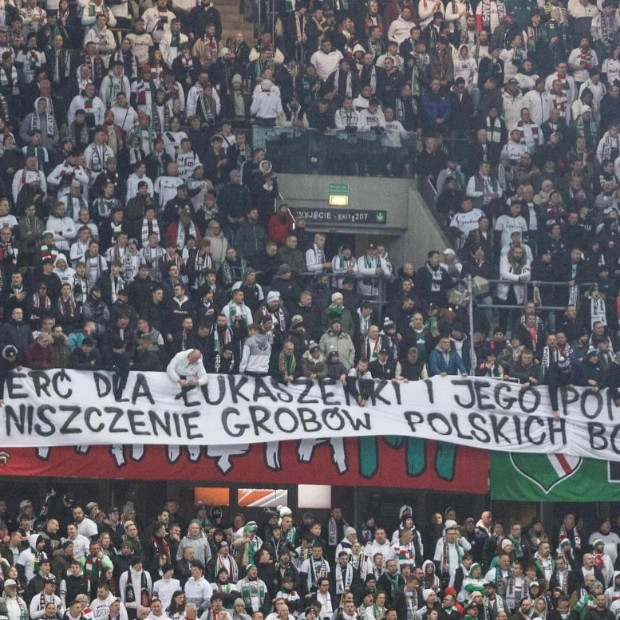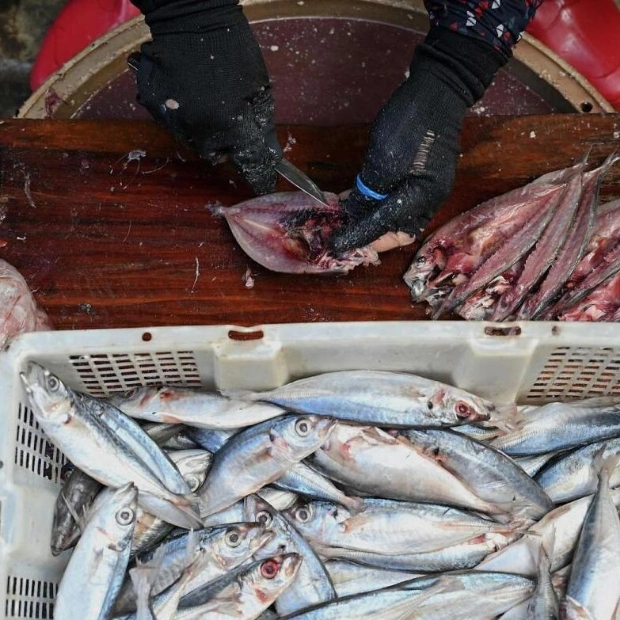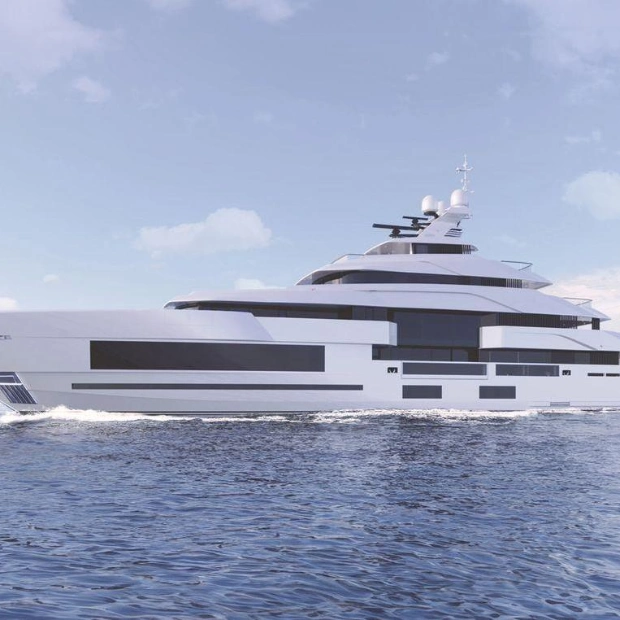Italian Prime Minister Giorgia Meloni's decision to withhold support for Ursula von der Leyen's bid for the European Commission presidency was motivated by concerns over alienating her right-wing base, according to analysts, but this stance could diminish her sway over EU decisions. The European Parliament re-elected von der Leyen for another five-year term on Thursday, with backing from a broad coalition of political groups including the centre-right, centre-left, liberals, and greens. She secured 401 votes, with 284 against, in a secret ballot among the 720-member assembly. Meloni's party, Brothers of Italy, which is part of the European Conservatives and Reformists group (ECR), announced its opposition post-vote, citing von der Leyen's leftward shift, especially on environmental policies. Although von der Leyen's victory did not hinge on Meloni's 24 MEPs, this vote represents a departure from Meloni's previous efforts to maintain cordial ties with the Commission amid Italy's substantial public debt issues.
Meloni is deeply committed to consistency, having previously declared she would never align with the left. 'When it became clear her votes were not needed, she adhered to her promise,' explained Giovanni Orsina, a politics professor at Rome's Luiss University. However, this decision has sparked criticism among Italian commentators, who believe the Commission might now be less lenient towards Italy's fiscal management and its efforts to utilize billions in EU post-Covid recovery funds. Meloni's primary concern seems to be countering internal challenges from her hard-right coalition partner, Matteo Salvini's League. 'She fears losing her right-wing credentials, and this fear has taken precedence over other considerations,' noted Francesco Galietti from Rome-based political risk consultancy Policy Sonar.
Brothers of Italy is currently polling at nearly 30%, a record high, while the League hovers around 8.5%. Galietti warns of the volatility in Italian politics, suggesting Meloni cannot risk alienating her core voters. Prior to her 2022 leadership, Meloni was viewed as more right-wing than Salvini and had advocated for Italy's exit from the eurozone. The Commission has not commented on this matter. Von der Leyen, when asked if she regretted seeking Meloni's support, emphasized that the vote demonstrated her correct strategy in gathering 'pro-European, pro-Ukraine, and pro-rule of law' backers. Carlo Calenda, leader of the centrist party Action, criticized Meloni's preference for factional leadership over broader national interests, calling it 'dangerous' for Italy's position in Europe.
Meloni's victory in the recent European Parliament elections contrasted with setbacks for French President Emmanuel Macron and German Chancellor Olaf Scholz. However, her fortunes have since waned. Excluded from a key EU leadership deal, she accused von der Leyen and other leaders of disregarding the surge in right-wing support. She opposed von der Leyen alongside far-right groups including the Patriots for Europe, which includes Marine Le Pen's French National Rally (RN) and Viktor Orban's Fidesz. Some analysts speculate that Meloni's stance may be linked to a potential Donald Trump victory in the upcoming U.S. elections, which could embolden EU nationalists. However, Wolfango Piccoli from London-based consultancy Teneo warns that such a strategy could backfire, as a Trump presidency might adopt isolationist policies, necessitating stronger European unity.
In an interview with Corriere della Sera, Meloni expressed confidence in future cooperation with von der Leyen, dismissing the notion of Brussels punishing Italy in Commission appointments. Rome's nominee for a Commission role is European Affairs Minister Raffaele Fitto. Despite this, her relations with Brussels appear more strained, potentially affecting her influence on issues like defense and migration, though budget procedures are expected to remain stable. 'The real challenge is to have a significant voice in Europe,' Piccoli concluded.






